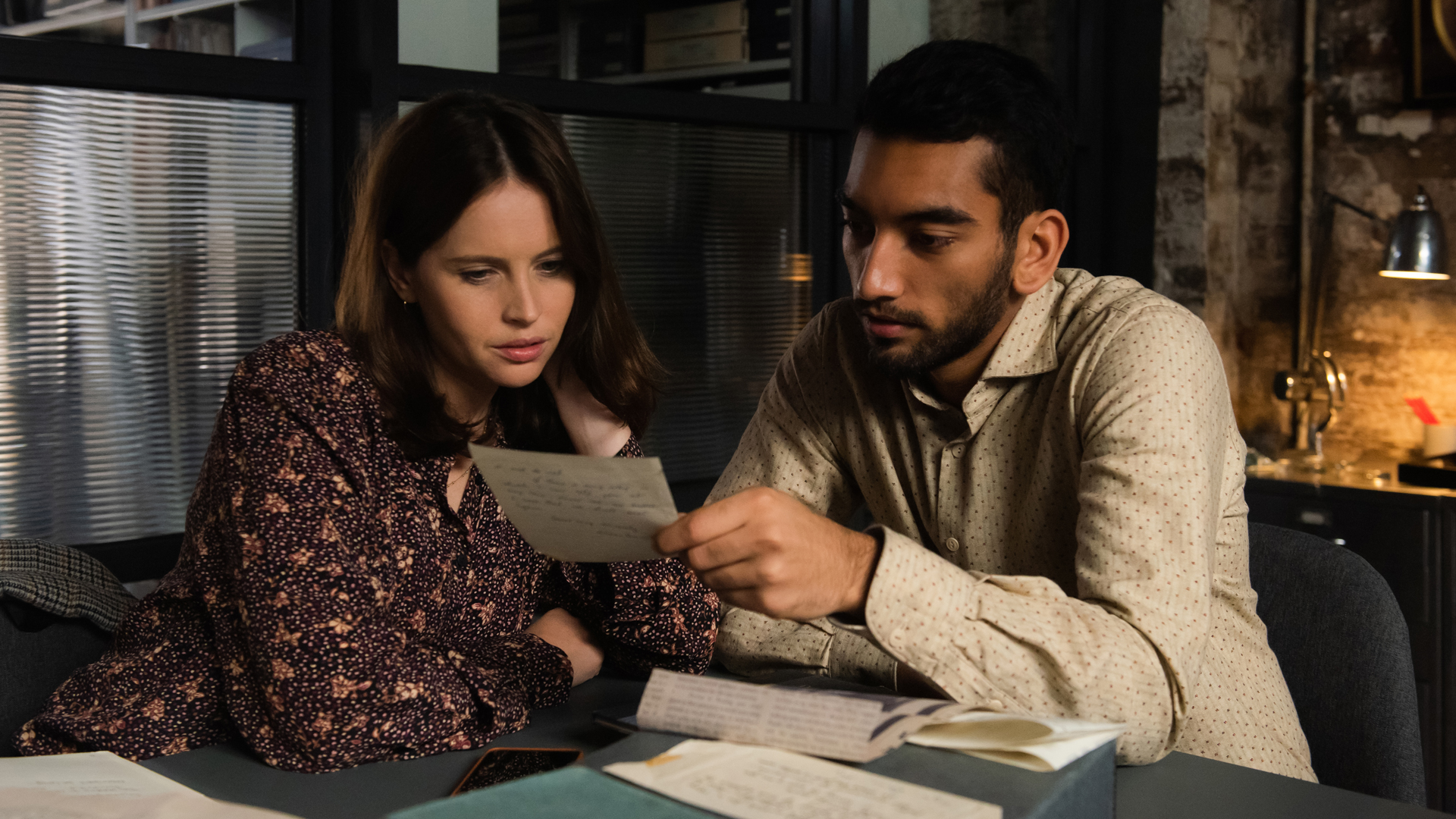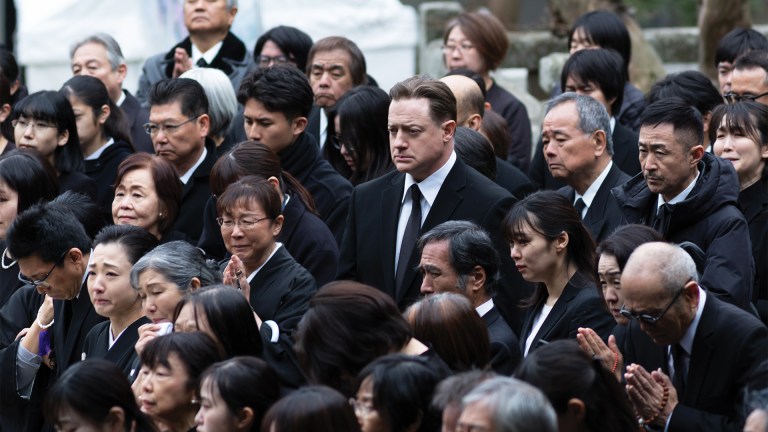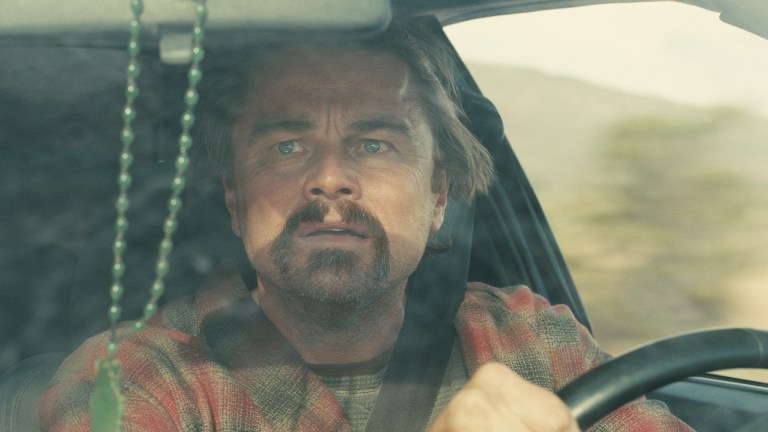It’s been six years now since the quietly impressive film Man Up hit cinemas. Starring Lake Bell and Simon Pegg, it’s no earthshaker, but, as the PR campaign for the movie suggested at the time, it was becoming something of a rare breed. It was a romantic comedy getting a wide UK cinema release. Much was made of the fact that the romcom was back on the big screen, and once the film came and went it seemed like the genre packed its bags again and decided to go and live on streaming services instead.
Six years on, seeing The Last Letter From Your Lover on a cinema screen feels like a welcome anomaly. It’s billed as a romance over a comedy, but it’s not shy of wit and it feels the closest we’ve had to a cinema romcom in some time. It’s pretty good, too.I can’t confess to having read the Jojo Moyes novel on which it’s based, but it didn’t take long at all to get into the swing of what’s going on. What we get here is basically two timelines. In the 1960s, there’s Shailene Woodley’s Jennifer Stirling, in a pretty rotten marriage and finding herself drawn to a potentially scandalous affair. Meanwhile, in the present day, there’s commitment-shy journalist Ellie Haworth – played by Felicity Jones – who uncovers a collection of letters dating back to the ’60s, that draws the pair of narratives together.
https://www.youtube.com/watch?v=O3Ds3Ho6Bnc&feature=emb_logoDirector Augustine Frizzell’s film – based on a screenplay adaptation by Esta Spalding and Nick Payne – thus divvies up its time between the two eras, which has inevitable pluses and minuses. For instance, just as I found myself getting into the story of one era, the film jolted me back to the other. While I’m all for leaving people wanting a little bit more rather than less, it jarred more than I was expecting. I can’t say either that it took me long to work out just where it’s all going, and even though Frizzell brings a slightly different edge to it, there’s no real attempt to subvert expectations. Which leaves us with a solid, unspectacular story that lends itself easily to the pages of a novel, and a pretty by-the-numbers path to its ending.
But the significant plus here is the casting. In particular, there are two standouts. Woodley makes as much as she can of a fairly limited character, and has real, genuine screen presence.
Yet the highlight is the wonderful Jones. In another era, Jones could and perhaps should be a flat-out movie star, and this is perhaps the closest to such a role that she’s picked outside of Star Wars.
She’s superb, frankly, whether sparring with archivist Rory (Nabhaan Rizwan, on good form) or handling some of the more tender moments that I won’t spoil here. Reason alone to seek out the film, in fact.





